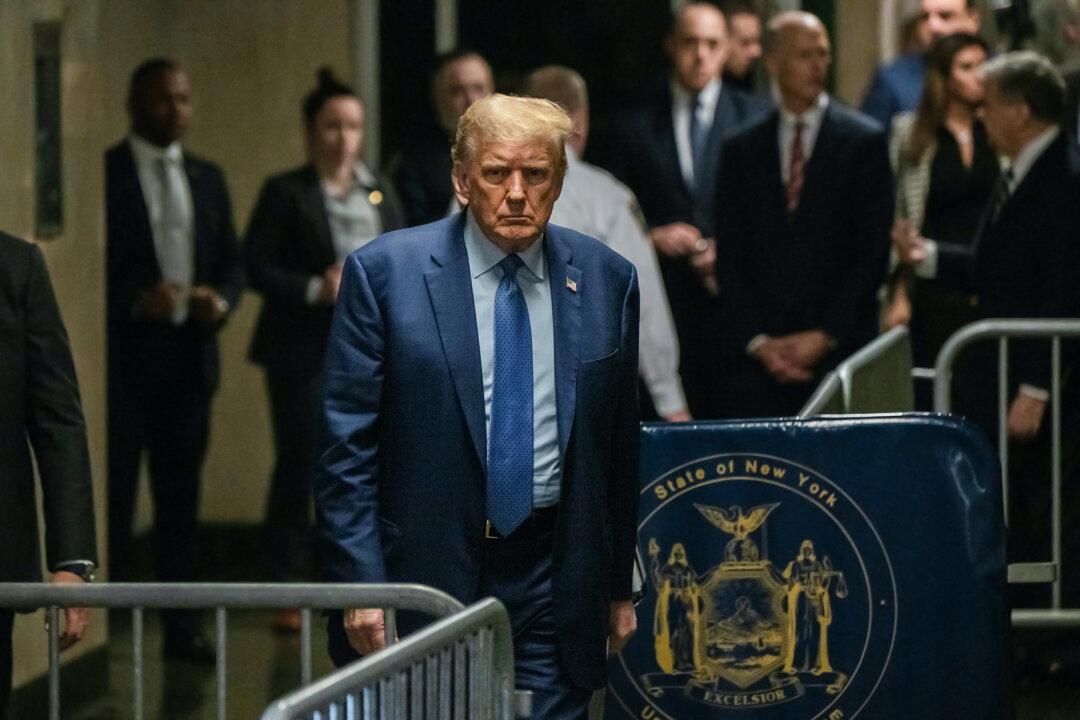The judge presiding over former President Donald Trump’s “hush money” trial in New York denied two requests on May 9, a second bid for a mistrial and another to narrow a gag order in the ongoing case.
On Thursday afternoon, New York State Supreme Court Justice Juan Merchan denied a motion for a mistrial, the second such request this week, and he also rejected a request to narrow a gag order preventing President Trump from making public statements defending himself from allegations made by witness Stephanie Clifford, also known by her stage name Stormy Daniels, during her testimony on Tuesday and Thursday.





